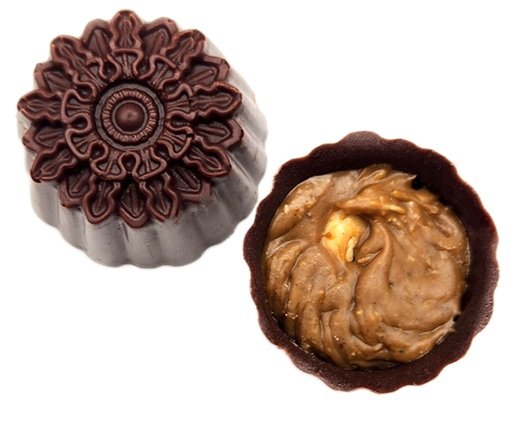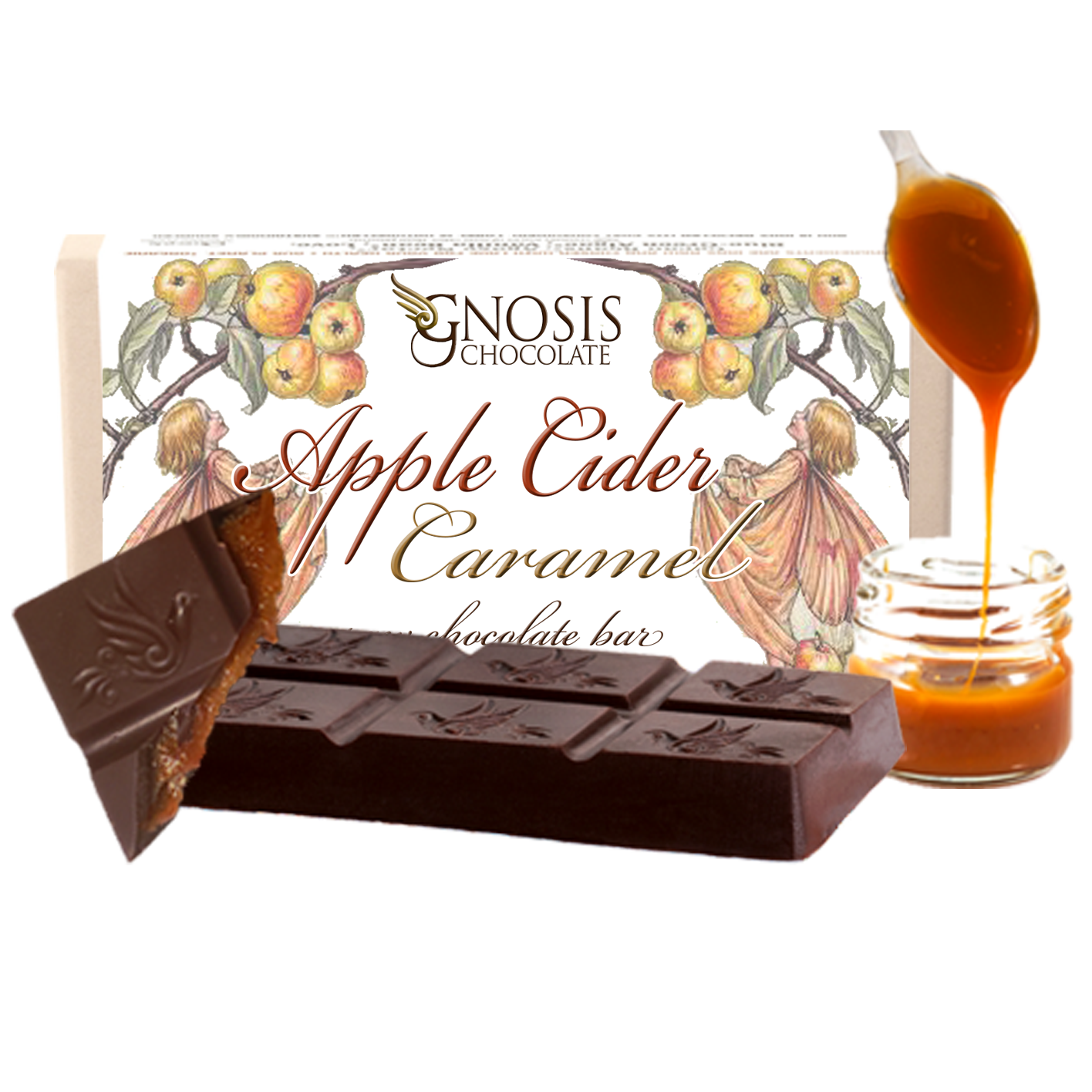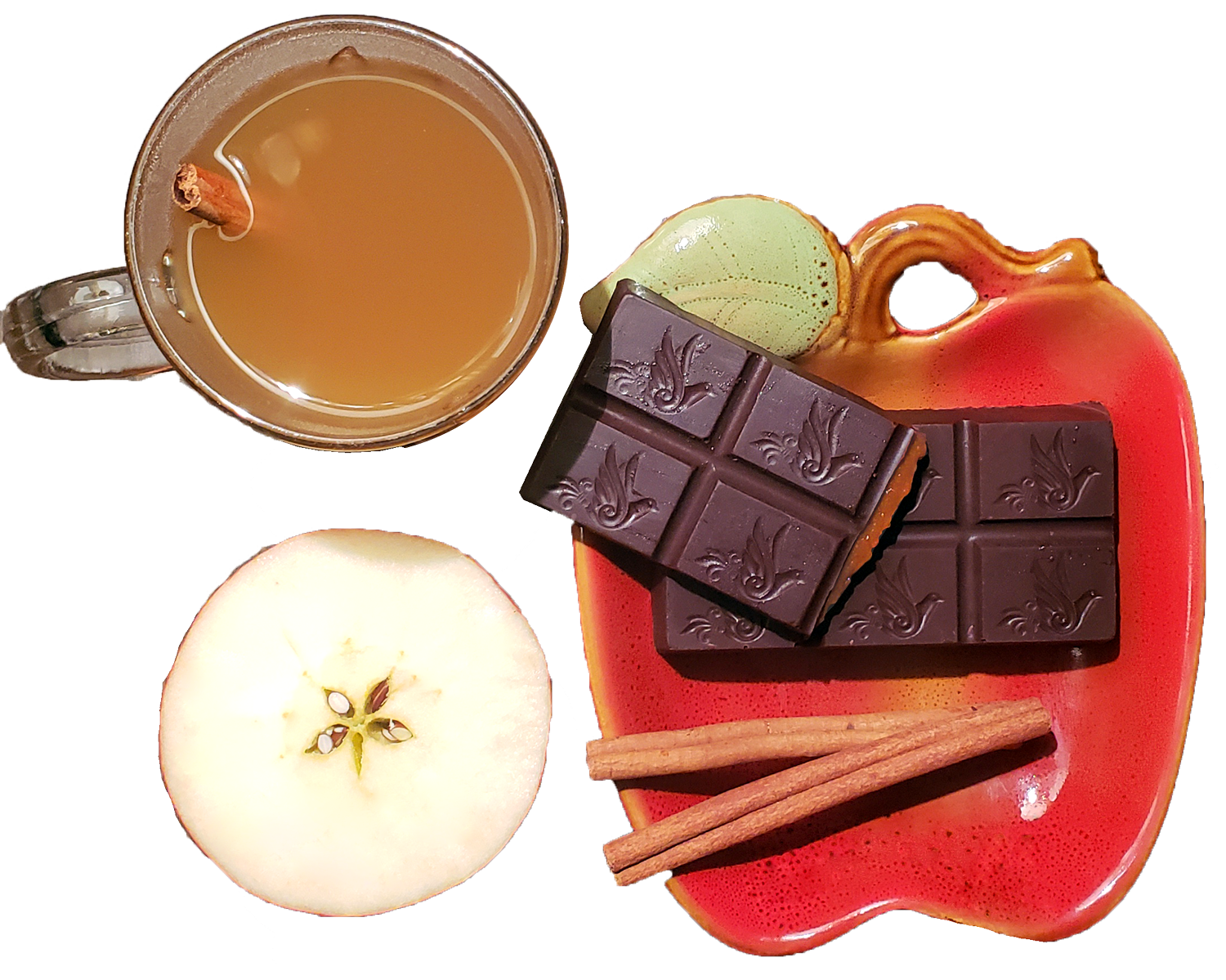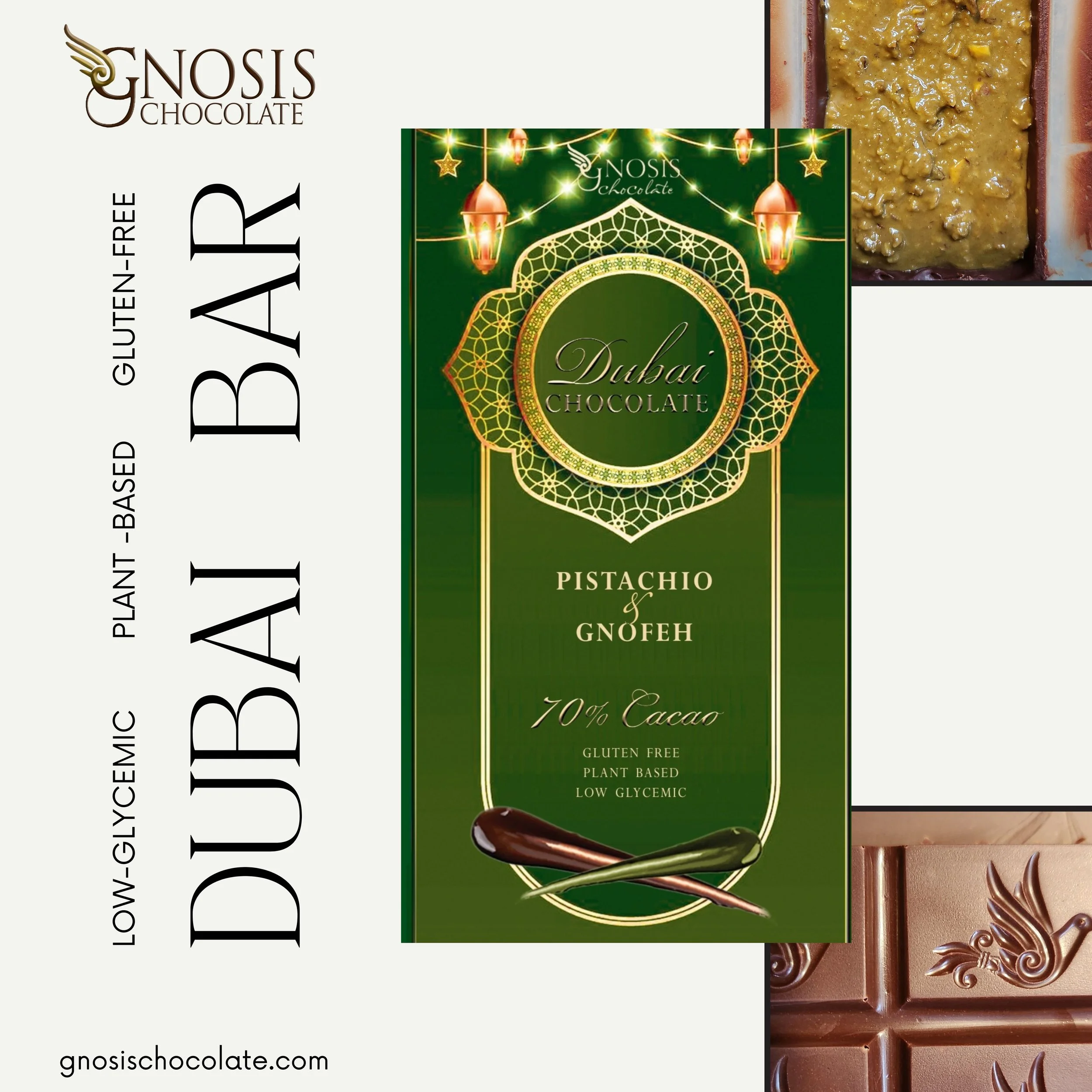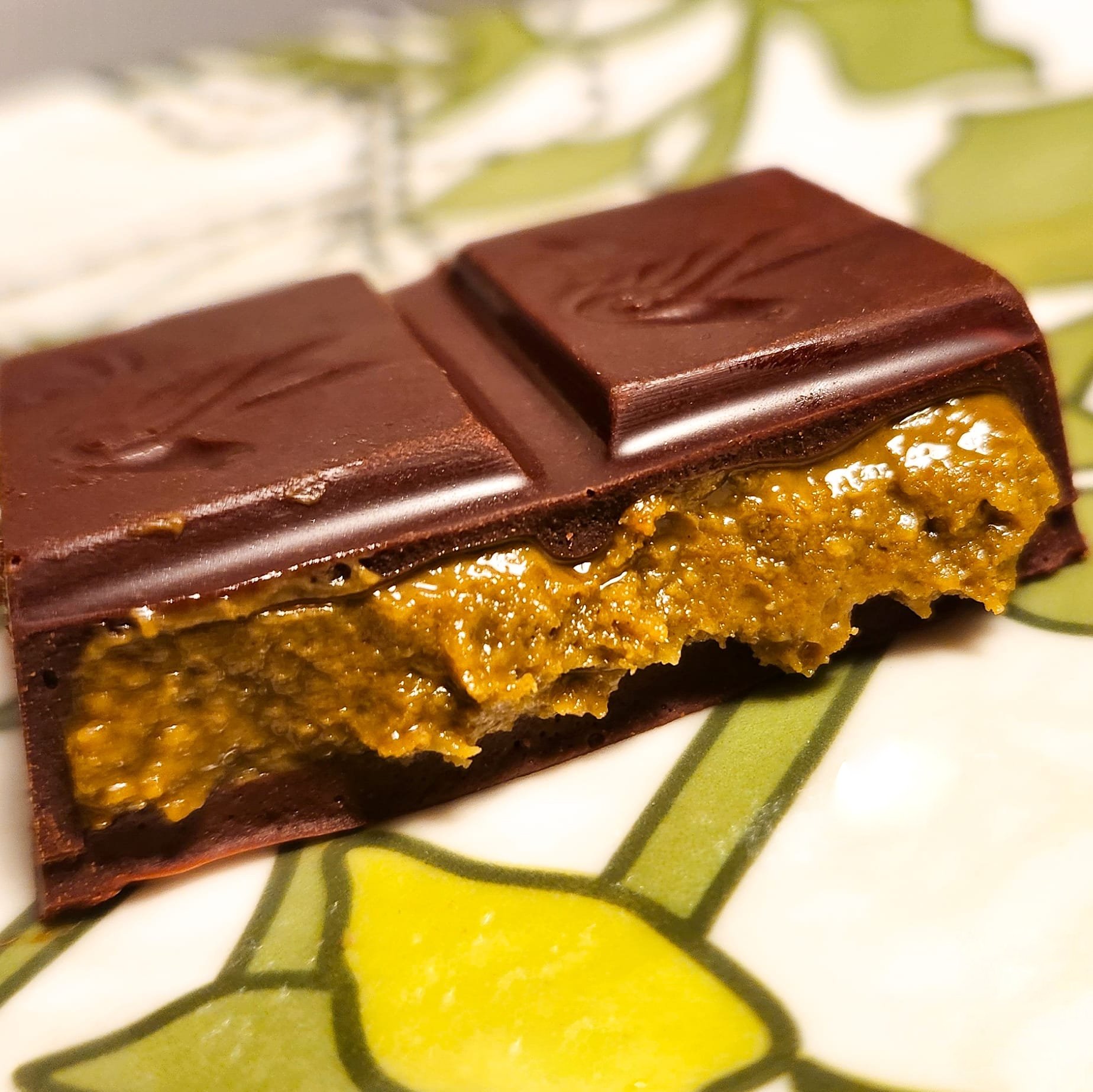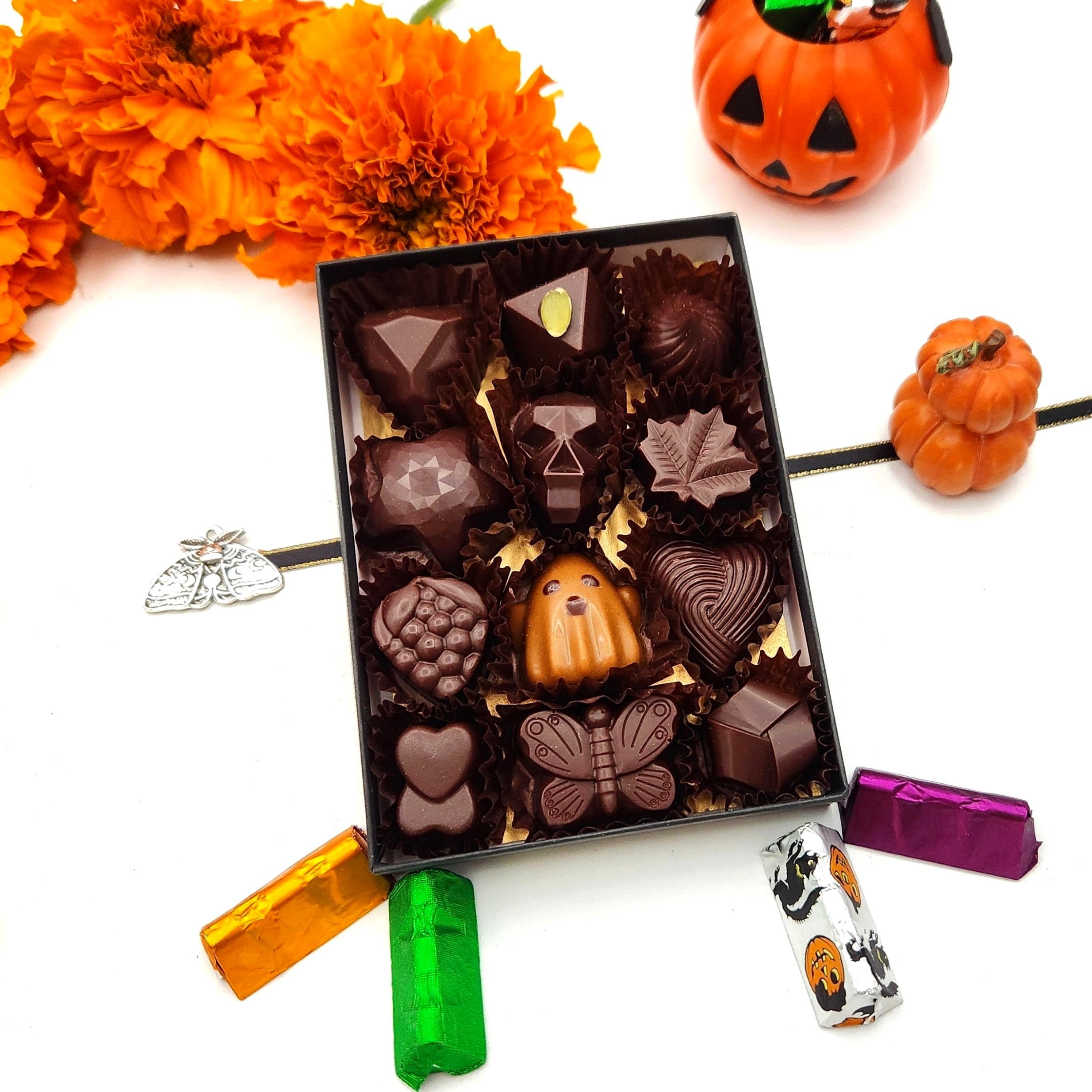Diwali Gift Collection 🪔
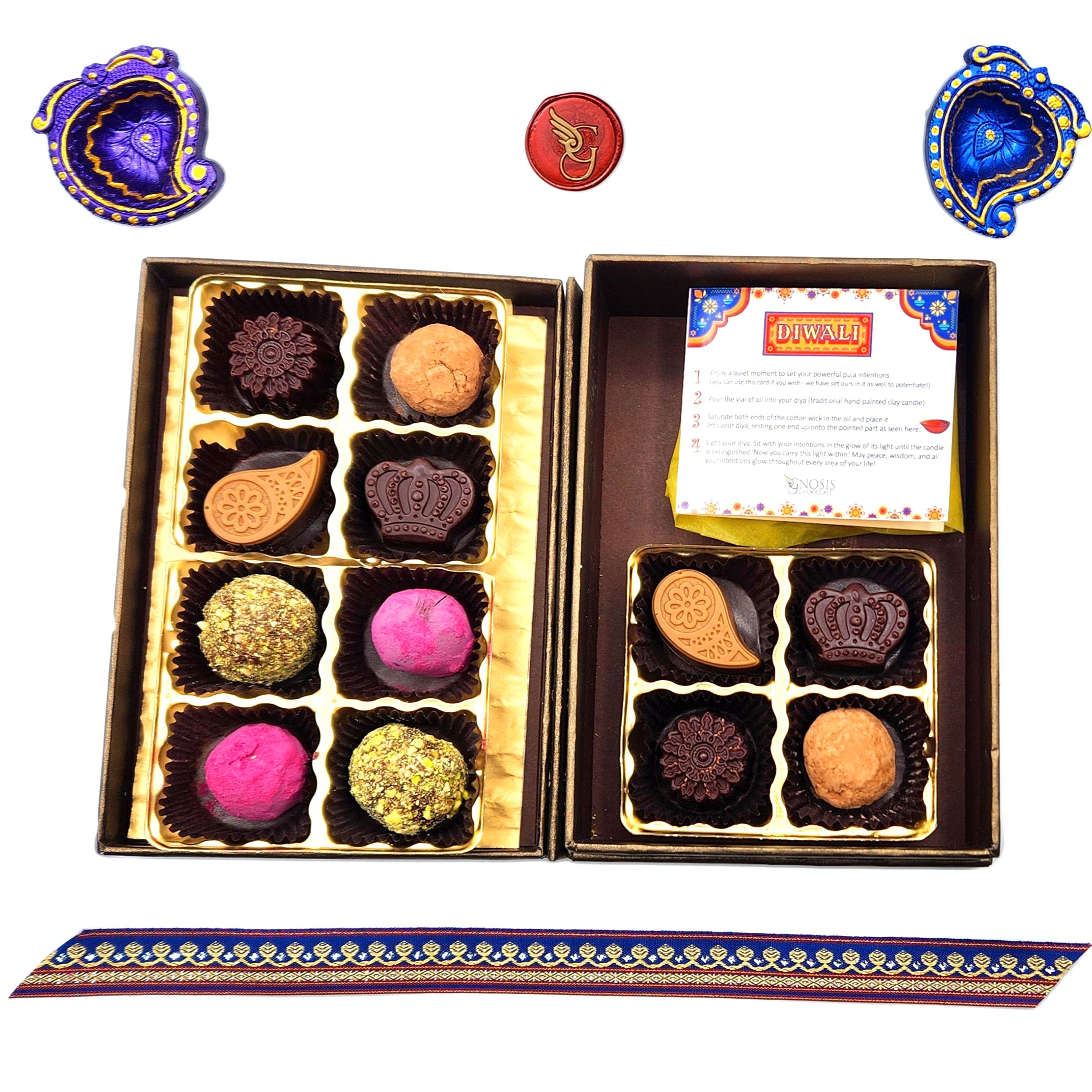
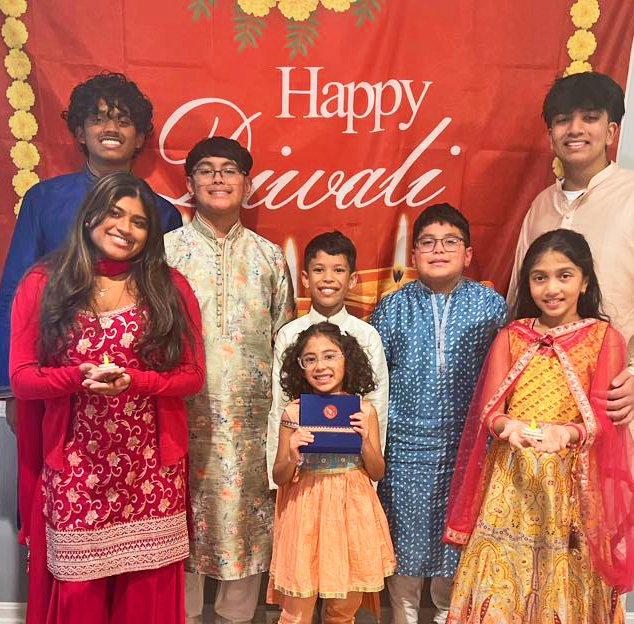

Diwali Gift Collection 🪔
Each truffle gift box arrives with a hand-painted clay diya prayer candle, its cotton wick waiting to be lit. Accompanied by a vial of sesame, sandalwood, and saffron oil, it invites you to kindle the flame, filling your home with the glow of your spirit’s deepest wishes for joy and light.
Though these are not the traditional Diwali sweets made of boiled milk and sugars, we daresay they have the major flavor components! If you’ve tried Indian desserts before, we would truly love to hear if you agree!
All truffles are low-glycemic, vegan, and free of soy, peanuts, dairy, refined sugars, GMO, and anything artificial. Our cacao is sourced with care for the land and people whose labor brings us some of the world’s finest heirloom beans.
INGREDIENTS: raw cacao beans*, coconut sugar*, raw pistachios*, raw almonds*, coconut*, garam masala*, curry leaf*, Kashmiri saffron, tamarind*, rose petals*, rose otto essential oil*, Balinese pyramid salt, Afghani grape, pandan leaf*, toasted hazelnuts*, medjool dates*, cinnamon*, coriander*, turmeric*, raw blue agave*, Uzbekistani apricot, cardamom*, ginger*, Madagascar vanilla bean*, raw cashews*, dragonfruit*, Love. *organic
What is Diwali?
Diwali (or Divali) comes from the Sanskrit word Deepavali which literally means "a row of lights." This auspicious holiday, known in English as the "festival of lights," is celebrated by over a billion Hindus, Sikhs, and Jains around the world. It historically symbolizes the victory of good over evil and celebrates light and life on both community and personal levels. On the one hand, it is a time to rejoice and feast with friends and family. Homes are cleaned and decorated with bright earthen lamps in every corner, and delicious meals are prepared and shared with all. Old accounts are closed, and arguments are settled.
On a more personal level, however, Diwali is a time to turn inward and light the lamps of knowledge and truth in our hearts and minds so that we can dispel the forces of darkness and ignorance within us and allow our innate brilliance and goodness to shine forth. Goddess Lakshmi, the goddess of wealth, is the principle deity associated with this festival. During Diwali we ask her for assistance in cultivating and accumulating spiritual wealth, such as compassion, forgiveness, and loving-kindness.
Diwali is a time to reflect on and evaluate our thoughts, words, and actions over the past year. It is a time to acknowledge and better understand our prejudices, negative behaviors, and bad habits so that we may begin the process of transforming ourselves. It is a time to discover how we can be more loving, kind, respectful, and skillful towards ourselves and others. And since all wealth, be it material or spiritual, should be shared with others who are less fortunate, Diwali is also a time to reflect on the various ways we can assist others and shine our light out into the world.
Just as the flame of a lamp always points upward, Diwali is most importantly a time to celebrate and appreciate life and to look forward to the coming year with a renewed sense of purpose and passion. In the words of Mahatma Gandhi, Diwali is a reminder and an opportunity to "Be the change you want to see in the world!"
Spiritual Practices
Light a single candle and spend a few minutes softly gazing at the flame. Breathe deeply. Close your eyes and picture the flame that is burning brightly in your heart. Continue to breathe deeply. Meditate on your innate brilliance, goodness, and wholeness. Let your heart open wide and embrace your inner light.
Prayers & Mantras
Recite the following Vedic chant/prayer:
Lead us from untruth to truth
From darkness to light
From death to immortality
Om Peace Peace Peace
Personal Explorations
Take some to time to journal.
Make a list of the personal qualities that dull your inner light such as greed, anger, and laziness. Commit yourself to getting rid of one of these qualities starting in the here and now.
Make a list of qualities that nurture your inner light such as compassion, kindness, and generosity. Commit yourself to further cultivating one of these qualities starting in the here and now.
Identify some simple yet transformative ways in which you can share your inner light/spiritual wealth with others. For example, saying “Hello. How are you?” to all those you encounter and really listen to their answer, smiling at people you encounter while sitting on the train or standing in line at the post office or grocery store, and quietly blessing others as they pass by you on the street. Commit yourself to implementing one of these gestures starting in the here and now.
Ami Bhalodkar is an interfaith minister. She is a member of the faculty of the One Spirit Interfaith Seminary in New York City and lectures on Hinduism.
Diwali is a colorful festival that uses many bright colors in clothing, decorations, and lights:
Red: A powerful color that represents love, energy, strength, and courage. Red is often worn in traditional attire and is prominent in decorations.
Yellow: Associated with knowledge, learning, and wisdom, yellow is often used to create a welcoming atmosphere.
Green: Represents nature, life, happiness, new beginnings, growth, and harmony.
White: The color of purity, peace, and spirituality, white is associated with the presence of deities and the worship of goddess Lakshmi.
Orange: A vibrant color that symbolizes enthusiasm and energy.
Blue: Associated with the divine and the infinite, blue represents spirituality and peace and harmony.
Pink: Represents love and hospitality.
Purple: A color of royalty and wealth.
Gold and silver: Symbolize wealth and prosperity.


